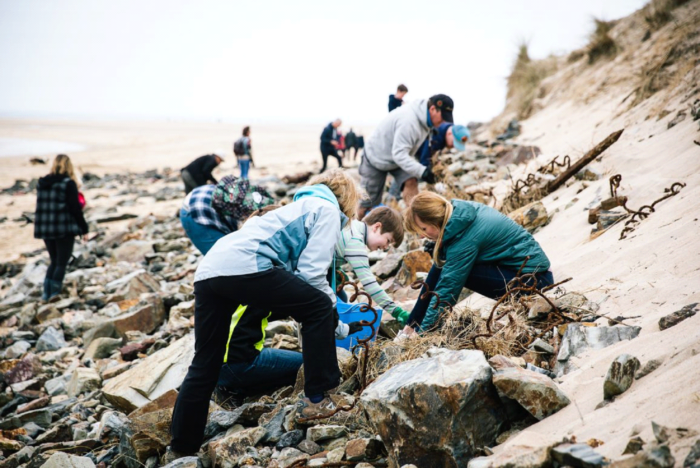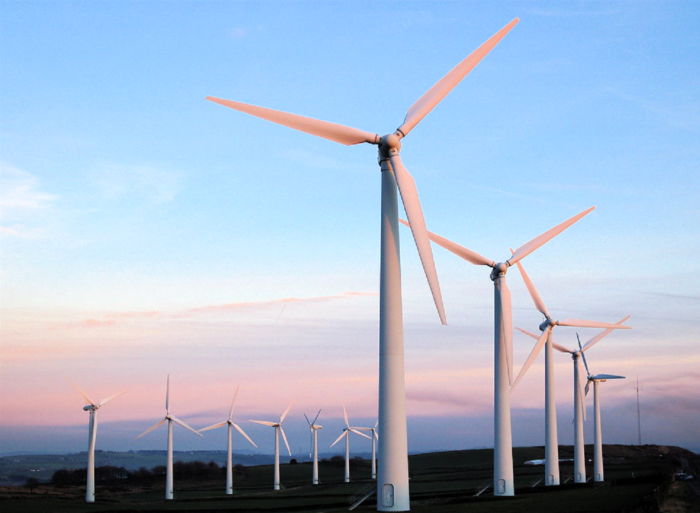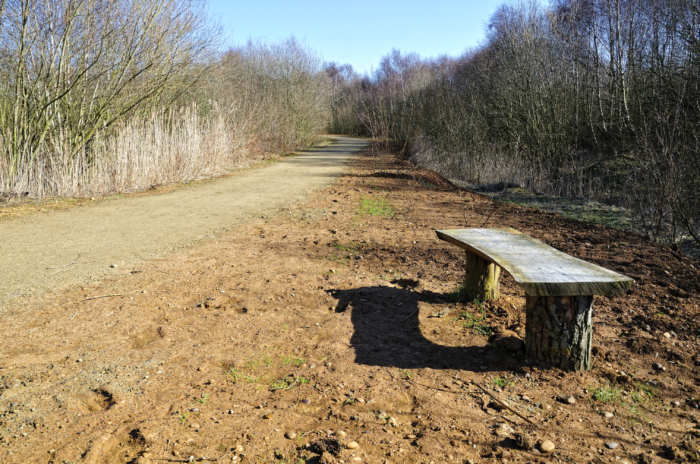Cosmonauts are thrilled to be hosting Tomorrow Matters in October 2022 – the conference will focus on exhibiting environmental technology and connecting investors to opportunities in this thriving sector. As the climate changes, researchers, activists, and scientists face challenges with innovative solutions and ideas. In this Green Sky Thinking blog, we’ll be celebrating a few of the latest advances made to tackle the ongoing environmental crisis. Green Sky Thinking is a series of blogs, constantly keeping you updated on the latest happenings in the world of green tech. Be sure to check out the new editions here!
Redwire Corporation Announces “First-Ever Commercially Owned Greenhouse” in Space

Redwire Corporation, a private startup, aims to bring a greenhouse to the International Space Station. They were awarded a contract with the manager of the ISS U.S. National Laboratory, the Center for the Advancement of Science in Space, and have set a flexible deadline for the project for spring 2023. The greenhouse will be the testing ground for growing sustenance in zero-gravity – an important asset for deep-space missions.
Dewey Scientific, a Washington-based cannabis company, will be the first customer to utilise the greenhouse, planting “industrial hemp” for a gene expression study (with plenty of “high” expectations to meet!).
John Vellinger, Redwire’s Executive Vice President of In-Space Manufacturing, said in a statement: “building on our long track record of partnering with commercial organizations like Tupperware, Eli Lilly and now Dewey Scientific, Redwire Greenhouse is another groundbreaking step forward in Redwire’s demonstrated leadership in establishing a viable commercial economy in low-Earth orbit. Through partnerships with Redwire, space is open for business.”
28,727 Polluting Items Removed from Across the UK by Activists

Every year, a staggering 12 million tonnes of plastic enter the ocean. Not only does plastic harm and kill wildlife, but it carries toxins, pathogens, and even invasive species through waterways. As the pollutants break down, they turn into microplastics and microfibres, entering the food chain on a microscopic level.
The Million Mile Clean Campaign, organised by Surfers Against Sewage (SAS), saw 3,769 volunteers come together to clean beaches and green spaces across the UK. They aim to take action and demand change from both the industry and government, stating that legislation and practices must be shifted to focus on ‘reduction, reuse and refill’.
The campaign’s findings were published by SAS in a Citizen Science Brand Audit; over the course of 563 individual cleans, 28,727 items were removed from beaches, mountains, rivers, woodlands, streets, and green spaces. Over ten-thousand of those items were branded – with the majority of those brands belonging to the ‘Dirty Dozen’, a group of the world’s largest and most powerful companies. SAS demands that these corporations take responsibility for the massive amount of pollution they produce. This year’s audit showed little variation to previous years, a fact that drives SAS’ urgency in calling for immediate action: ‘it’s not too late to prevent this if the government acts now. The packaging and plastic pollution crisis still needs ambitious, urgent and faster action.’
Wind Turbine Blades Could Be Recycled into Sweets

Wind turbines provide renewable energy, but the huge blades, commonly made of fibreglass, have proven to be difficult to dispose of responsibly. Fibreglass can currently only be recycled into low-value items by a few companies. Larger turbine blades are more efficient, prompting wind farmers to replace the smaller ones as soon as they can – rapidly increasing waste.
Researchers at the American Chemical Society introduced a new composite resin which combines both a plant-derived and a synthetic polymer with glass fibres. The resin is not only durable enough for wind turbines, but automobiles, and even household items, like countertops and sinks. It can also be upcycled into higher-value products after a certain level of alkaline processing, developing an acrylic commonly used for windows and car taillights, and even into an absorbent polymer that can be used in diapers.
This process produced potassium lactate, which can be purified and used in food products, like sports drinks and gummy bears. One of the scientists working on the project, John Dorgan, Ph.D., tested the products himself and attested to their edibility: “a carbon atom derived from a plant, like corn or grass, is no different from a carbon atom that came from a fossil fuel”.
Dorgan states that the resin can be utilised in an infinite loop of recycling, a key to a circular economy and the reduction of material waste.
UK Government Grants Dozens of Schemes £100,000 to Develop Environmental Projects

Defra and the Environmental Agency are providing funding of up to £100,000 to help 50 projects across the UK. This investment in nature goes directly to companies, conservation and rewilding organisations, local authorities, and farming groups. The grantees include:
⦁ The city council of Plymouth, which is receiving a grant of £99,600 to map potential for new water drainage in an effort to improve pollution and prevent flooding.
⦁ A scheme aiming to rewet lowland peat near Doncaster to grow plant fibre material is receiving £100,000. The fibres can be used to produce padding for clothing and reduce greenhouse gases from the peatland.
⦁ And the Liverpool City Region Combined Authority, which is being awarded £99,851 to enhance habitats. This includes tree planting and rejuvenating land – and can even generate revenue by selling biodiversity credits to developers looking to provide a net gain from nature.
The scheme provides a scope into private investment for similar projects and opens up avenues for financial gain through biodiversity credit and carbon storage. It also demonstrates the massive impact the UK government can have on environmental projects – something activists have been calling for more and more.
Solar Panels to be Installed on Stockport Bin Lorries

Stockport Council, which aims to be net-zero by 2030, will install solar panels on six of its bin lorries. The council states that this will save not only 400 litres of fuel, but more than a tonne of carbon emissions in a single year.
The panels, made by technology firm Trailar, will power all onboard equipment. Cllr Mark Roberts states, “this technology harnesses solar energy to reduce the volume of fuel required to generate the power that runs all on-board electrical equipment minimising the vehicles emissions.” The move follows the council’s 2021 ‘Climate Action Now’ plan, which strategises the city’s goal to hit net-zero by 2030.
“We want Stockport to be carbon neutral by 2038 and we’re working hard to make it a greener, smarter, more enterprising place,” says Roberts.
As the climate crisis advances, so do talented researchers, activists, and groups in their missions to utilise technology for a better, safer future. At the upcoming Tomorrow Matters conference, Cosmonauts aim to bring together these amazing advances to potential investors. Join us in October 2022 to connect, learn, and discuss in a content-focused, innovative space.
Tomorrow Matters. Environmental technology provides a unique pathway to coping with a catastrophic change in our world – and you can be part of the revolution! Connect with talented innovators (like the ones in this blog) and place your brick in the path. Join us on October 26th, 2022 in London for a chance to invest in the minds working behind a better tomorrow. The first 20 people to enter the code below will receive 50% off their ticket to the conference – that’s half-off your opportunity to be at the forefront of the change for a better, greener, and safer world!
Code: GREENSKY50
See you in October!

Categorised in: Green Tech

